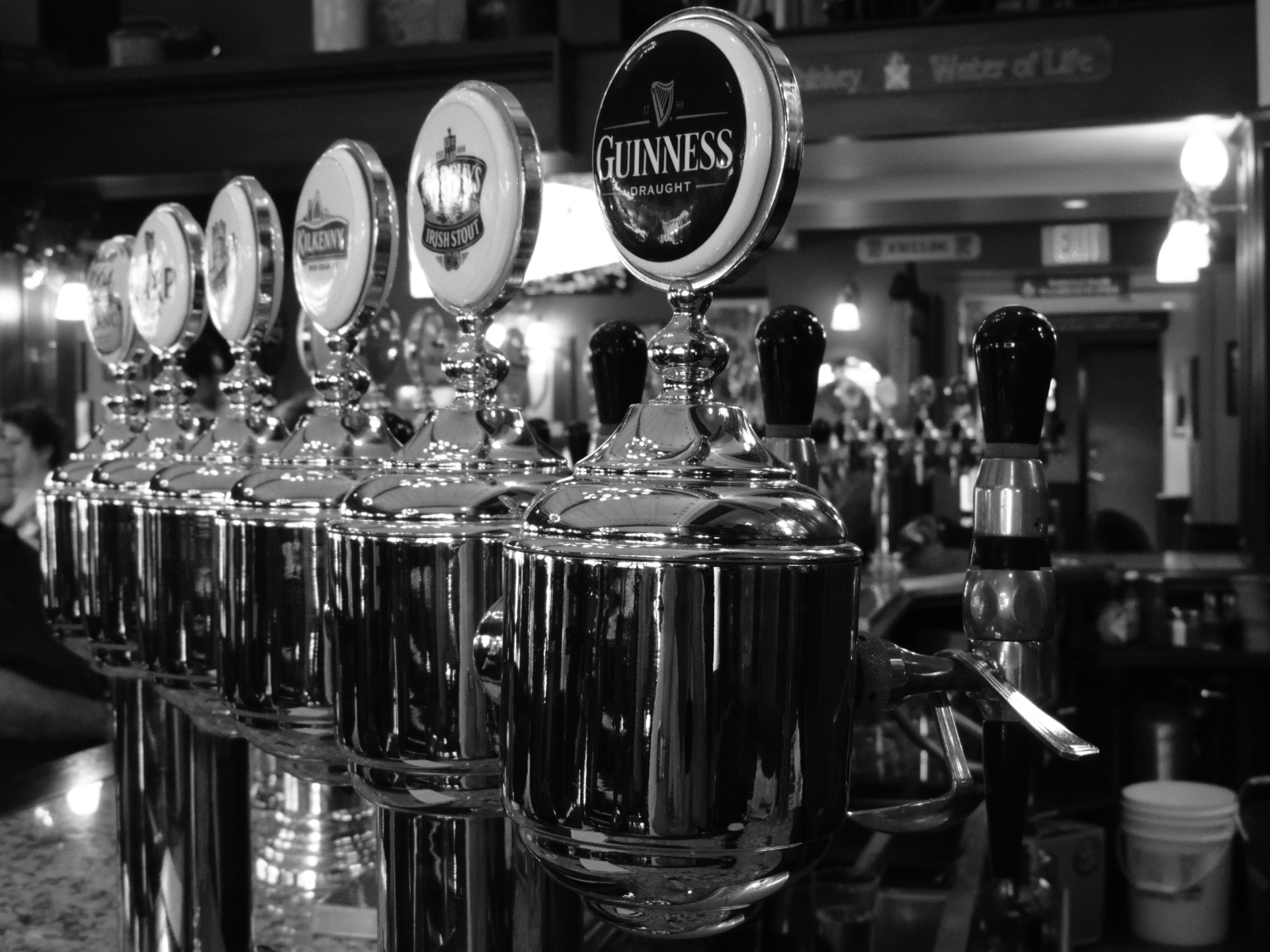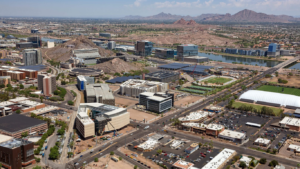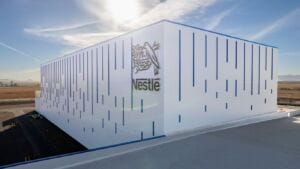A group of bar owners, bartenders, and their customers are hosting a “Not Our Last Call” Rally at the Arizona State Capitol on Thursday, August 20, at 1:30 pm, to speak out against discriminatory orders that have allowed restaurant bars, hotel bars, casino bars and other similar establishments to stay open, but have kept “series 6” and “series 7” bars closed indefinitely. Hundreds are expected to attend the rally, wearing green colors to show their support, as well as face masks and observing social distancing to show their commitment to safe health practices. Learn more on Facebook (https://www.facebook.com/events/1153196558388686), or search for the hashtags #notourlastcall and #givebarsafairshot on social media.
The rally comes in the wake of onerous guidelines published by the Department of Health Services and ahead of a state Supreme Court decision, expected next week, whether to hear a petition filed by now more than 100 bar owners seeking to overturn Governor Doug Ducey’s indefinite and, the bar owners argue, unconstitutional orders mandating the closures of “bars” with series 6 or 7 liquor licenses. The latest grassroots protests also include more than 7,500 people signing a Change.org petition. Led by ASU law professor,
Ilan Wurman, Associate Professor of Law at the Sandra Day O’Connor College of Law, the bar owners filed their petition directly in the Arizona State Supreme Court requesting that it immediately overturn Ducey’s orders forcing some bars to remain closed indefinitely, while restaurant bars, hotel bars, casino bars and other direct competitors have been allowed to stay open.
The bar owners argue that the distinction between series 6 and 7 licensees on the one hand and series 12 “restaurants” on the other has no relation to public health. The legal distinctions are solely that series 6 and 7 licensees paid for the privilege of not having to maintain a minimum amount of food sales, and paid for the privilege of “off-sale,” or selling packaged alcohol for off-premise consumption. “Neither distinction has anything to do with public health,” Wurman says. “All of my clients were actively complying with public health measures. Many have enormous outdoor spaces. There’s simply no connection between their license series and their ability to implement public health measures.” “Singling out series 6 and 7 licensees,” Wurman adds, “was lazy at best; at worst, doing so was a corrupt favor to Governor Ducey’s friends in the powerful restaurant industry.”
The bar owners also argue the statute granting plenary emergency powers to the Governor violates the “nondelegation doctrine,” because it effectively allows the Governor to be a lawmaker. “This case is about whether the citizens of Arizona are governed by laws, or by the whims of one man,” says Wurman, who teaches constitutional law and administrative law at ASU.
Sheri Shaw, the sole woman owner of the “Back Alley Wine Bar” in Prescott, with a series 7 license, expressed her frustration at the Governor’s orders. “There are, in fact, three wineries in town that are currently open. Same business model. Different license number. The only difference is that they make their product while I purchase mine. I don’t understand how the making of your product helps to defend against COVID,” she says. Describing her experience visiting a local restaurant, Shaw says, “There were easily 150-200 people inside and most of the ‘bar’ patrons were not eating food. It was so disheartening to witness when I can’t even have 20 people in my business.”
“It is impossible to sustain this,” Shaw adds. “My series 7 license was $35K and it took me a year to obtain it. I have been financially responsible and have lived well below my means my entire adult life, just so that I could, one day, open my dream business and pay cash for it. I’ve done that. I built a successful business that was starting to make money the first year. This was dream. This was my life savings. I’m about to lose it all because of this shut down.”
Ian Juul, the owner of Mooney’s Irish Pub in Sedona, explains the safety measures his bar established before they were shut down. “We had ceased all live music, dancing, karaoke, darts and foosball. All customers were required to wear face coverings and we were giving away free masks to customers who didn’t have masks. We had installed two high volume medical-grade air purifying systems that filtrate air to remove viruses. We had limited our internal capacity and removed seating and tables so that there was at least 6 feet of clearance between chairs, tables and bar counter space. We added hand sanitizer stations, were wiping down all seats, tabletops, menus, door handles and pens after use with alcohol. We had educational COVID-19 signs and messages posted on doors and walls.”
“I immigrated to United States of America in 2011 as I consider myself an Economic Refugee from Zimbabwe and South Africa, both African countries who economically persecute minorities,” Juul adds. “What I find myself in today is not the ‘American Dream’.”




